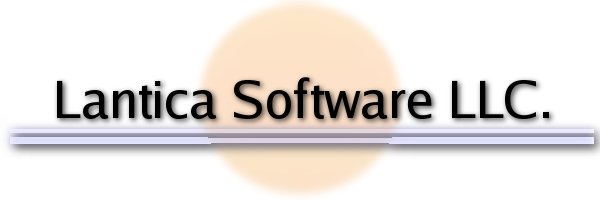(UTC) |
| Welcome, Guest. Please Login or Register |

|
|
| News: |
| Lantica User Forum › Lantica Discussions › Lantica Discussion › @BXor() |

(UTC) |
| Welcome, Guest. Please Login or Register |

|
|
| News: |
| Lantica User Forum › Lantica Discussions › Lantica Discussion › @BXor() |